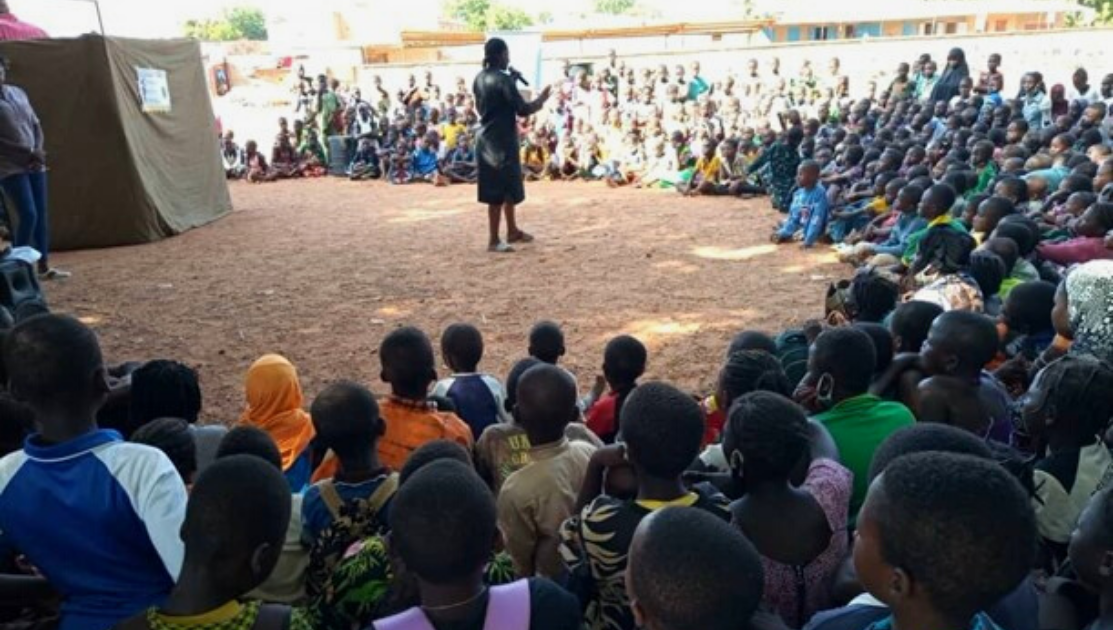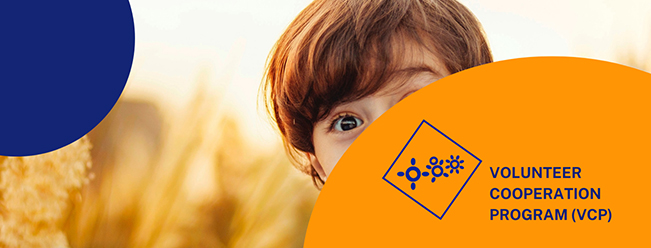
Last month marked the end of the IBCR evaluation project of UNICEF’s initiatives against violence against children in Burkina Faso and Cameroon. The 10-month project, which began in early 2020, aimed to evaluate the effectiveness and impact of UNICEF’s initiatives on female genital mutilation, child abuse and child marriage in Burkina Faso and Cameroon.
With this project, the IBCR’s role was to evaluate the effectiveness of UNICEF-initiated child protection activities, in addition to ensuring that gender, equity and child rights issues are understood by local actors. UNICEF’s objectives in both countries are to combat female genital mutilation, child abuse and child marriage in Burkina Faso and Cameroon. The Office, which was mandated by UNICEF, worked in close collaboration with various partners and non-governmental organisations, but also with ministries and civil society in both countries, in Burkina Faso and Cameroon.
Despite the health crisis, the country team in Burkina Faso managed to organise its data collection in the Northern and Eastern provinces. Similarly, the team leader and the Cameroonian consultant managed to carry out field visits in the Far North, East and Central provinces (Yaoundé II).
Successful results in Burkina Faso – Programme to promote the abandonment of female genital mutilation and child marriage
- 4,600,000 children and adolescents under the age of 18, including nearly 2,350,000 girls and adolescents, have benefited from the protection programme.
- 9 out of 10 adolescents have said they no longer wish to cut their future daughters.
- 4,500 discussion clubs have been set up, where an average of 26 young people meet to discuss gender, gender equality and children’s rights.
- 1650 imams and priests have been trained on the importance of countering female genital mutilation and child marriage.
Successful results in Cameroon – Child Protection Programme
- Strong community support for birth registration was generated by the activities carried out by the partners.
- 77.6% of the younger population interviewed for the evaluation felt that there had been a change in harmful practices affecting the protection of children’s rights in their community.
- At the end of this process, in the target areas, the customary and religious authorities now seem to agree that the practice of child marriage is “not good”, “very serious” or “a hindrance to society and to the progress of the child”.
In both Burkina Faso and Cameroon, UNICEF’s partner organisations have achieved significant results in raising community awareness, building the capacity of religious leaders, mobilising young people and adopting new social norms. The results of these changes include the creation of thousands of educational workshops for young people and the training of hundreds of religious and traditional leaders.
These results are likely to help eradicate harmful practices such as child marriage, female genital mutilation, child abuse and to enable all children to be properly registered at birth.
© photo : UNICEF





